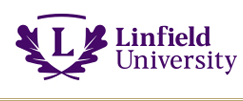Faculty Sponsor
Genevieve Harris
Location
Jereld R. Nicholson Library
Date
5-13-2011 3:00 PM
End Date
5-13-2011 4:30 PM
Subject Area
Anthropology
Description
The “achievement gap” is a current issue in teacher education and PK-12 schools. Why do schools seem to privilege white, middle to upper class students and oppress others? School districts are under pressure to eliminate this gap, and for years, teacher educators have attempted to address these questions—but often using a deficit way of looking at children and families that exacerbates the problem. At the same time, colleges and universities are currently grappling with shifting needs and desires of students who have expectations for time and technology that do not match traditional delivery models of higher education. Based on these concerns, we conducted a broad literature review, surveys, and archival research regarding diverse learners and teacher education in Oregon. The purpose of this research was to examine practices in PK-12 teaching and teacher education regarding diverse learners, to determine the needs of diverse learners in Oregon and how these needs are or are not being met by various teacher education programs, and to examine teacher education programs in light of the 21st century college student. As a result of the literature review and data collection, we redesigned Multicultural Education to include multiliteracies, service-learning, more time and attention to specific strategies for working with diverse learners, and a comprehensive assessment system.
Recommended Citation
Blackhurst, Elissa and Van Blom, Stacey, "Diverse Learners and Teacher Education: A Sociocultural Approach" (2011). Humanities and Creative Projects. Event. Submission 6.
https://digitalcommons.linfield.edu/studsymp_cr/2011/all/6
Diverse Learners and Teacher Education: A Sociocultural Approach
Jereld R. Nicholson Library
The “achievement gap” is a current issue in teacher education and PK-12 schools. Why do schools seem to privilege white, middle to upper class students and oppress others? School districts are under pressure to eliminate this gap, and for years, teacher educators have attempted to address these questions—but often using a deficit way of looking at children and families that exacerbates the problem. At the same time, colleges and universities are currently grappling with shifting needs and desires of students who have expectations for time and technology that do not match traditional delivery models of higher education. Based on these concerns, we conducted a broad literature review, surveys, and archival research regarding diverse learners and teacher education in Oregon. The purpose of this research was to examine practices in PK-12 teaching and teacher education regarding diverse learners, to determine the needs of diverse learners in Oregon and how these needs are or are not being met by various teacher education programs, and to examine teacher education programs in light of the 21st century college student. As a result of the literature review and data collection, we redesigned Multicultural Education to include multiliteracies, service-learning, more time and attention to specific strategies for working with diverse learners, and a comprehensive assessment system.



